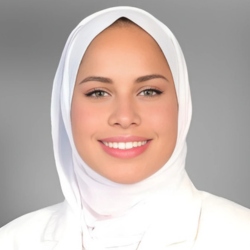
Nawar AlSayed Yousef
Kuwait National Health Information Center, KuwaitPresentation Title:
Cosmetic surgery advertisements: A public heath perspective
Abstract
This study explores the influence of cosmetic surgery advertisements on the acceptance of cosmetic procedures among women in Kuwait, amid the rise of idealized beauty standards promoted through social media. A cross-sectional study was conducted using a self-administered online questionnaire with a sample of 796 women aged 18 to 35 residing in Kuwait. The survey assessed self-esteem, perceived social pressures, and attitudes toward cosmetic surgery, using the Acceptance of Cosmetic Surgery Scale (ACSS) as a key measure. Findings indicate that social influences and frequent exposure to such advertisements significantly shape attitudes toward cosmetic procedures. The study highlights the need for regulatory oversight on cosmetic surgery advertising and increased public awareness of its psychological impact, particularly on vulnerable populations
Biography
Nawar Alsayed Yousef is a health informatics management specialist with a master’s degree in public health policy. She currently works at the Kuwait National Health Information Center under the Ministry of Health, where she focuses on health data analysis and reporting to support evidence based decision-making. She also specializes in the International Classification of Diseases and Procedures (ICD) and health coding and reporting for the World Health Organization. Her research interests include social determinants of health, global healthcare data standards, and health policy, with a focus on strengthening evidence-based decision-making in healthcare systems

